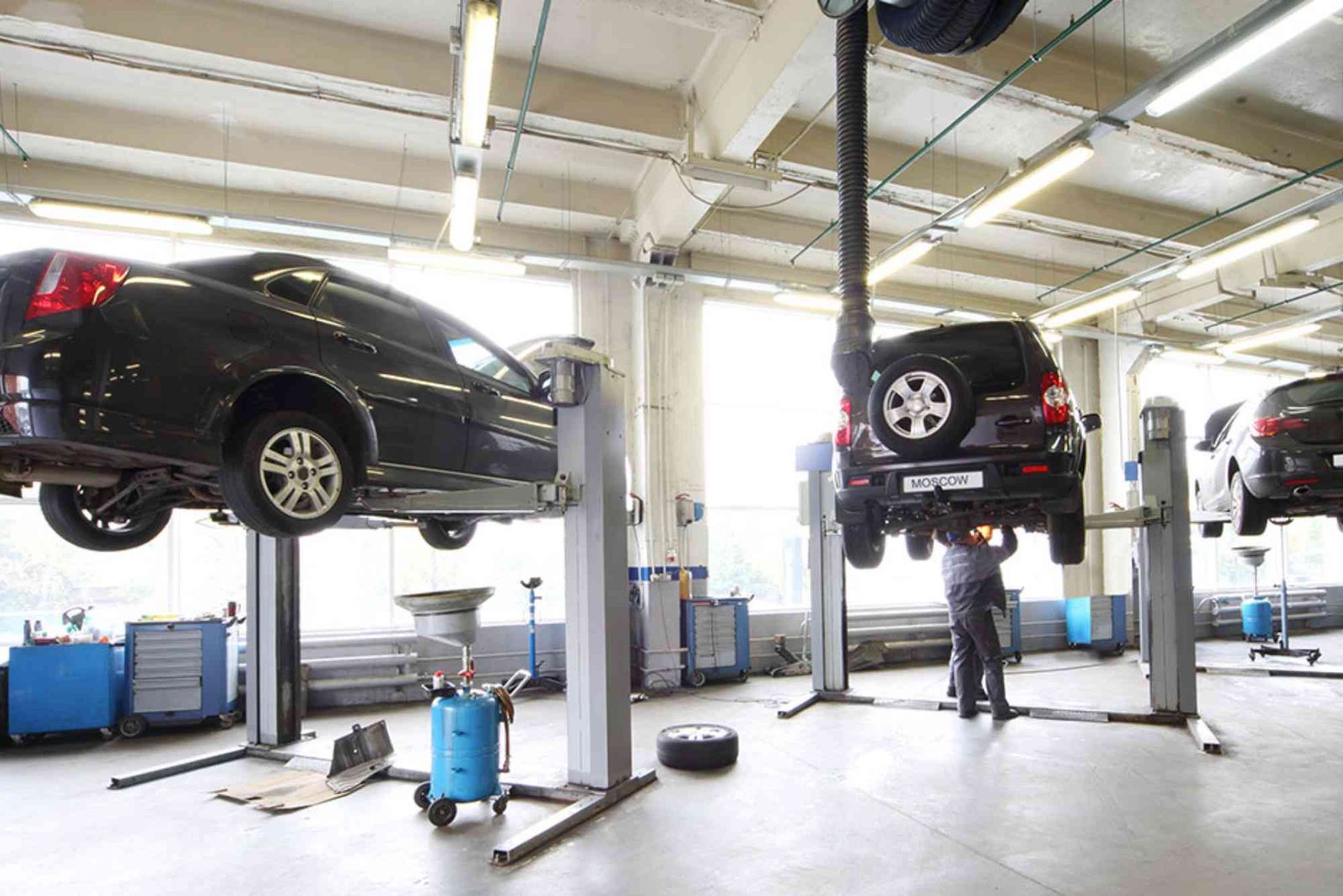In the realm of renewable energy, central inverters play a pivotal role, especially in utility-scale solar power applications. These inverters are designed to handle the demands of large installations, making them an essential component for efficiently harnessing solar energy. Here’s why central inverters are particularly suitable for utility applications.

- High Efficiency and Performance
Central inverters are engineered to manage significant power outputs, often exceeding several megawatts. Their design allows for higher efficiency rates compared to smaller inverters, ensuring that more energy generated by solar panels is converted into usable electricity. This efficiency is crucial for utility applications, where maximizing energy production directly impacts profitability.
- Cost-Effectiveness
In large-scale solar installations, central inverters offer a cost-effective solution. Instead of deploying numerous smaller inverters, a few central units can handle the energy output of hundreds or thousands of solar panels. This not only reduces initial capital expenditures but also lowers ongoing maintenance costs, as fewer units need monitoring and servicing.
- Simplified Maintenance and Operation
With fewer components to manage, central inverters simplify the operational aspects of solar power plants. Many systems come with integrated monitoring and diagnostic tools that allow operators to detect issues quickly and efficiently. This streamlined maintenance process is critical for utilities that must ensure consistent power delivery and minimize downtime.
- Scalability
Utility applications often require flexibility to adapt to changing energy demands. Central inverters can easily scale with the solar installation, allowing utilities to expand their capacity without significant redesign or reconfiguration. This scalability is essential in a rapidly evolving energy market.
- Grid Compliance and Stability
Central inverters are designed to meet stringent grid compliance standards, ensuring that the electricity produced is compatible with grid requirements. They can also provide grid support functions, such as voltage regulation and frequency control, which are vital for maintaining grid stability as more renewable energy sources are integrated.
- Robust Design for Harsh Conditions
Utility-scale solar farms are often located in varied and challenging environments. Central inverters are built to endure these conditions, with robust designs that can withstand temperature fluctuations, dust, and moisture. This durability ensures reliable performance over the long term.
Conclusion
Central inverters are a cornerstone of utility-scale solar applications, providing efficiency, cost-effectiveness, and reliability. Their ability to handle large power outputs while simplifying maintenance makes them a preferred choice for solar power plants aiming to meet the growing energy demands of our society.
One leading manufacturer in this field is Sungrow. Renowned for its innovative technologies and commitment to quality, Sungrow offers a range of central inverters that are well-suited for utility applications. By leveraging their expertise, Sungrow is helping to drive the transition to sustainable energy, supporting utilities in their mission to provide clean, reliable power to communities around the world.







